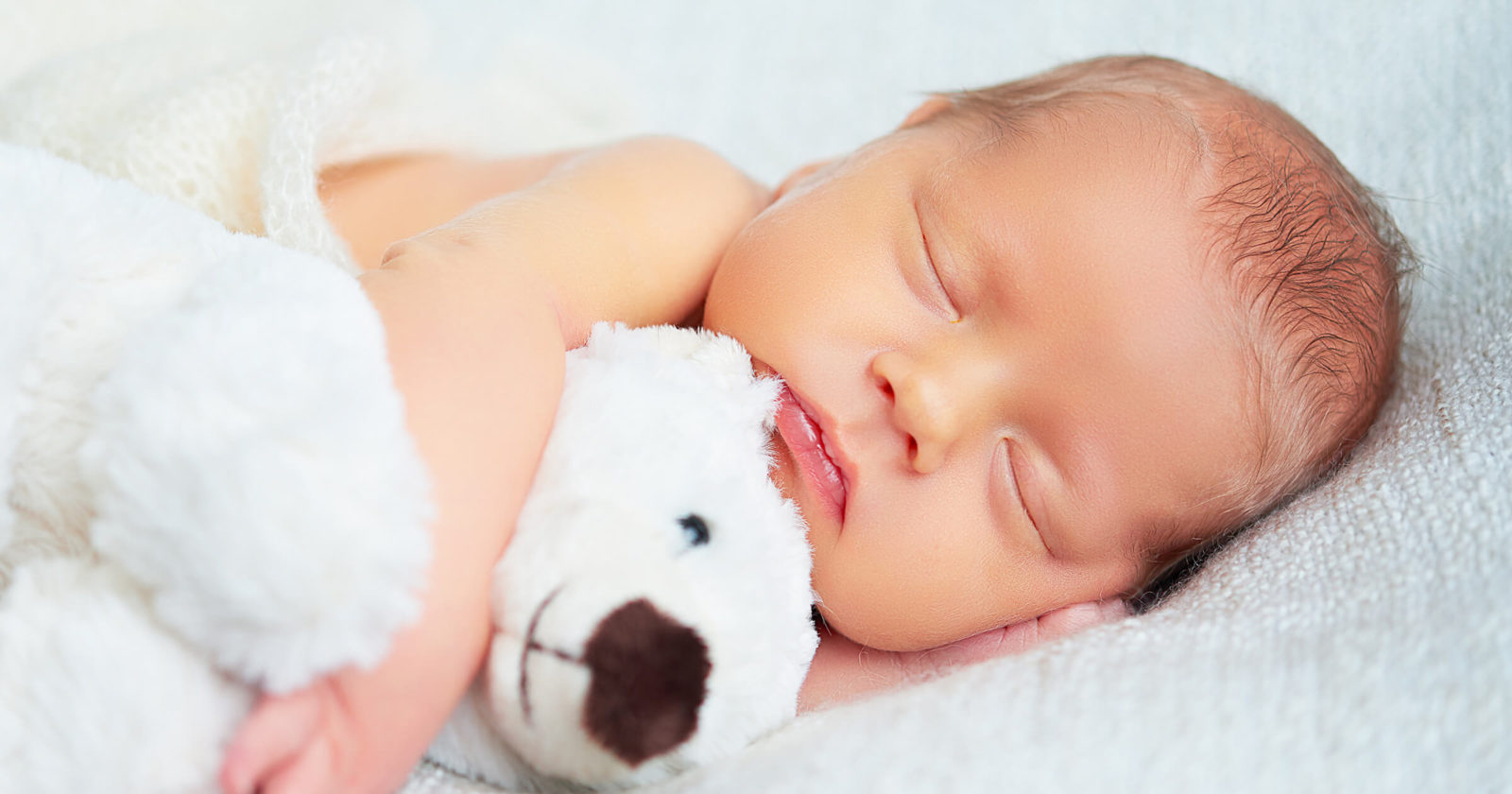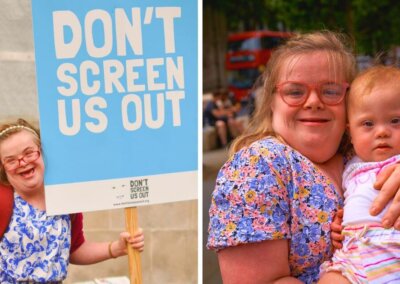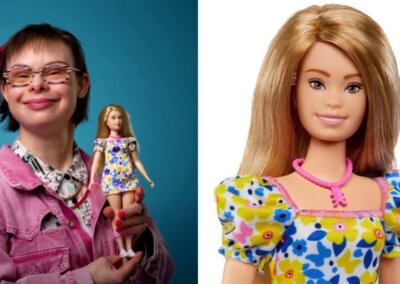Abortion numbers in England & Wales hit an all-time high of 209,519 abortions in 2019, according to figures released by the Department for Health today.
The total number of abortions for English and Welsh residents was also the highest ever recorded with 207,384 terminations performed in England and Wales in 2019, an overall increase of 6,776 from 200,608 abortions in 2018.
Repeat terminations
In addition to this overall increase, the figures show a rise in the number of repeat abortions from 78,988 in 2018 to 83,624. This means that, in 2019, 40% of all abortions were performed on women who had at least one abortion on a prior occasion.
Last year, it was revealed five teenagers were among hundreds of UK women who have had at least six abortions.
Data released by the Department of Health for England and Wales and NHS Scotland under the Freedom of Information Act also showed 4,389 women, including 23 teenagers, had their fourth termination.
In 2019, the number of abortions for those under the age of 16 was 1337 – an increase of 5.52% from 1267 in 2018.
‘Twin terminations’
126 ‘selective terminations’ were performed in 2019 (procedures performed where a twin, triplet or more were aborted in the womb).
This number represents a 14% increase in ‘selective terminations’ compared to 2018 and a 75% increase compared to 2011 when there were 72 twin terminations.
Disability-selective terminations
In 2019, there were 3,183 disability-selective abortions. This represents an increase of 53% compared to 2009 when there were 2,085.
656 of the 3,183 disability-selective abortions were for Down’s syndrome.
Campaign groups such as Don’t Screen Us Out, who have worked to highlight their concerns that new pre-natal screening for Down’s syndrome and the likelihood of this screening to lead to an increase in the numbers of children with Down’s Syndrome who are aborted, have already highlighted the 618 abortions for Down’s syndrome in 2019.
These concerns seem to have been confirmed by recent figures which found that the number of babies born with Down’s syndrome has fallen by 30% in NHS hospitals that have introduced the new form of screening.
The figures, which were released by 26 hospital trusts in England under Freedom of Information laws, account for about a fifth of the hospital trusts that offer maternity services. They show that more women who have the new test go on to have abortions.
Lynn Murray, the spokesperson for Don’t Screen Us Out who has a daughter with Down’s Syndrome said: “As a mother of a 20-year-old daughter who has Down’s syndrome, I see every day the unique value she brings to our family and the positive impact she has on others around her.
“It is deeply concerning that despite the leaps that advocacy groups have made in raising awareness in support of people with Down’s syndrome, abortion in the case of Down’s syndrome is still so commonplace and widespread in the UK. In fact, we hear from parents all the time how abortion was repeatedly presented to them in the hospital as an obvious solution following the receipt of the news that their baby had Down’s syndrome.
“This is reflected directly in recent official figures showing that almost 100% of babies found to have Down’s syndrome in Northern Ireland are born. This greatly contrasts with the 90% termination rate for Down’s syndrome from other parts of the UK.”
Abortions for cleft lip and cleft palate continue
The disability-selective abortion figures also show that 17 abortions were performed on babies with a cleft lip or palate, with three of those taking place after 24 weeks.
It is hoped pregnancy terminations for cleft lip or palate will become a thing of the past, after a cross-party group of MPs launched a Bill seeking to protect babies with these correctable conditions from abortion.
The Abortion (Cleft lip, cleft palate and club foot protection) Bill, which received its First Reading in the House of Commons on 3 June 2020, seeks to clarify in law that cleft palate, cleft lip, cleft palate and lip, and club foot are not grounds for abortion in the UK.
Sadly, the figures for cleft lip and palate are likely to be much higher, for example a 2013 review by Eurocat showed 157 babies were aborted with cleft lip and palate in England and Wales between 2006 and 2010. However, the Department of Health & Social Care (DoHSC) has only recorded 14 such abortions.
While there is evidence the DoHSC collects abortion figures where club foot is listed as the principle condition, it does not make these identifiable in its annual abortion statistic publications. Seemingly identifying that such abortions take place, Health Minister Helen Whately has said the figures “could only be obtained at disproportionate cost”.
In response to cleft lip and palate abortion figures, a spokesperson for Right to Life UK, Catherine Robinson said:
“These statistics show that abortions are continuing to happen for correctable conditions such as cleft lip and palate. This shows the urgent need for a law change to clarify that cleft palate, cleft lip, cleft palate and lip, and club foot are not grounds for abortion in the UK.
“People are shocked and horrified when they discover that abortion is permitted up to birth after the diagnosis of cleft lip, cleft palate, and clubfoot as the primary condition, believing it goes against the very fabric of what our country stands for today.
“As a society, we should be empowering those with disabilities, and take great pride in the positive contribution they make to our country. To do this, we have a moral obligation to quash anything that perpetuates false and negative stereotypes towards those with a disability, and that is why we support the group of cross-party MPs who have brought forward this important Bill to help end disability-discrimination in the womb.
“Our abortion legislation is badly in need of reform to end this unjust discrimination, and we hope this Bill is successful in helping end this disability-discrimination.”
Private abortion providers increase ‘market share’
As the number of abortions overall have increased, so has the percentage of abortions performed by private abortion providers, who, in 2019, were responsible for 74% of all the abortions in England and Wales.
Over the past 20 years there has been a 255% increase in the number of abortions performed by private providers, who, in 2019, performed 153,601 terminations – an increase of 110,335 from 1999 when they performed 43,266.
The increase in terminations by private abortion providers, such as Marie Stopes International and BPAS, comes amid a year of significant safety scandals at their clinics across the UK, with the Care Quality Commission (CQC) rating over 60% as “inadequate” or “requires improvement” on safety grounds.
Last year, BPAS Merseyside became the first abortion clinic to be rated as “requires improvement” since the system was introduced in September 2017.
CQC inspectors found six cases of women who “required urgent medical attention due to complications and were transferred from the service to another healthcare provider,” following ‘treatment’ at the abortion provider. Five of these cases were reported as serious incidents requiring further investigation.
Earlier this year, the UK’s second largest late-term abortion clinic, BPAS Streatham, was also found to be putting women at risk after a surprise inspection found “incompetent staff who had not completed life support training” and faulty equipment.
Despite the safety risks abortion clinics pose to women, as well as unborn babies, it seems abortion clinics haven’t been inspected since the coronavirus lockdown began over three months ago.
Commenting on continued increase in abortions performed by private abortion providers, even amid significant safety concerns, Catherine Robinson said:
“This increase in abortions comes as private abortion clinics have been accused by the Care Quality Commission of paying staff bonuses for persuading women to undergo abortions.
“Vulnerable women should not be seen as a revenue opportunity but sadly we know this is not the reality as abortion itself is a multi-million pound industry. Private abortion clinics have a vested monetary interest in increasing the numbers of abortions they perform every year.”
Strong support for change
In response to the publication of the 2019 abortion statistics, Catherine Robinson said: “It is a national tragedy that 209,519 lives were lost to abortion in 2019. This is the highest number of abortions ever in England and Wales. Every one of these abortions represents a failure of our society to protect the lives of babies in the womb and a failure to offer full support to women with unplanned pregnancies.
“Polling shows large majorities of women in the UK support changes to our abortion laws that would have a positive impact on lowering the number of abortions. 70% of women want the current time limit on abortion to be lowered and 91% of women want a ban on sex-selective abortion.
“Proposals from abortion campaigners to remove legal restrictions around abortion and introduce abortion right to birth would likely see these numbers get even worse.
“We are calling on the Government to urgently bring forward sensible new restrictions and increased support for women with unplanned pregnancies. This would ensure we were working together as a society to reduce the tragic number of abortions that happen each year.”












